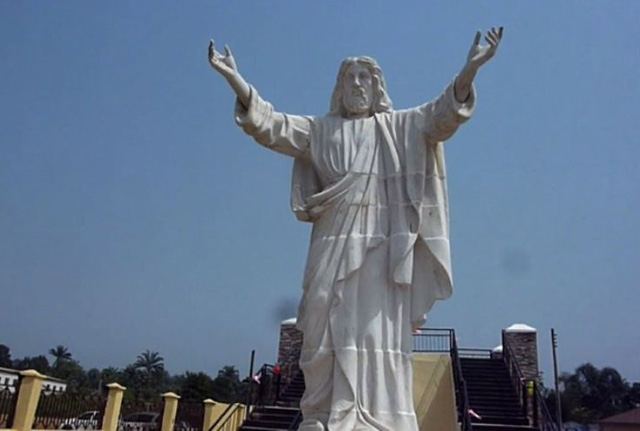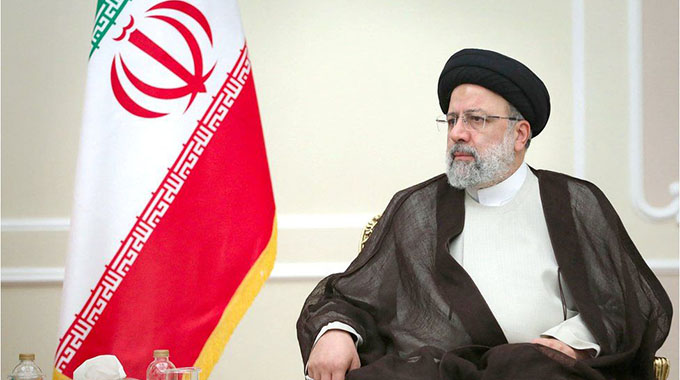Shi’ite cleric’s execution sparks protests

DUBAI/RIYADH. – Iranian protesters stormed the Saudi embassy in Tehran early yesterday and Shi’ite Muslim Iran’s top leader predicted “divine vengeance” for Saudi Arabia’s execution of a prominent Shi’ite cleric.
Demonstrators protesting against the execution of Sheikh Nimr al-Nimr broke into the embassy building, smashed furniture and started fires before being ejected by police.
Iran’s President Hassan Rouhani condemned the execution as “inhuman”, but also urged the prosecution of “extremist individuals” for attacking the embassy and the Saudi consulate in the northeastern city of Mashhad, state media reported.
Tehran’s police chief said an unspecified number of “unruly elements” were arrested for attacking the embassy with petrol bombs and rocks. A prosecutor said 40 people were held.
Iran’s Supreme Leader Ayatollah Ali Khamenei, criticised Saudi Arabia for the second straight day over Nimr’s execution.
“The unjustly spilled blood of this oppressed martyr will no doubt soon show its effect and divine vengeance will befall Saudi politicians,” state TV quoted Khamenei as saying.
Iran’s Revolutionary Guards had promised “harsh revenge” against the Saudi Sunni royal dynasty for the execution of Nimr, considered a terrorist by Riyadh but hailed in Iran as a hero of the rights of Saudi Arabia’s marginalised Shi’ite minority.
Nimr, the most vocal critic of the dynasty among the Shi’ite minority, had come to be seen as a leader of the sect’s younger activists, who had tired of the failure of older, more measured leaders to achieve equality with Sunnis.
His execution sparked angry protests in the Qatif region in eastern Saudi Arabia, where demonstrators denounced the ruling Al Saud dynasty, and in the nearby Gulf kingdom of Bahrain.
Relatives of Nimr, reached by telephone, said authorities have informed them that the body had been buried “in a cemetery of Muslims” and would not be handed over to the family.
Although most of the 47 men killed in the kingdom’s biggest mass execution for decades were Sunnis convicted of Al-Qaeda attacks in Saudi Arabia a decade ago, it was Nimr and three other Shi’ites, all accused of involvement in shooting police, who attracted most attention in the region and beyond.
The move appeared to end any hopes that the appearance of a common enemy in the form of the Islamic State militant force would produce some rapprochement between the region’s leading Sunni and Shi’ite Muslim powers, allied to opposing sides in wars currently raging in Syria and Yemen.
Khamenei’s website carried a picture of a Saudi executioner next to notorious Islamic State executioner “Jihadi John”, with the caption “Any differences?”. The Revolutionary Guards said “harsh revenge” would topple “this pro-terrorist, anti-Islamic regime”. – Reuters







Comments